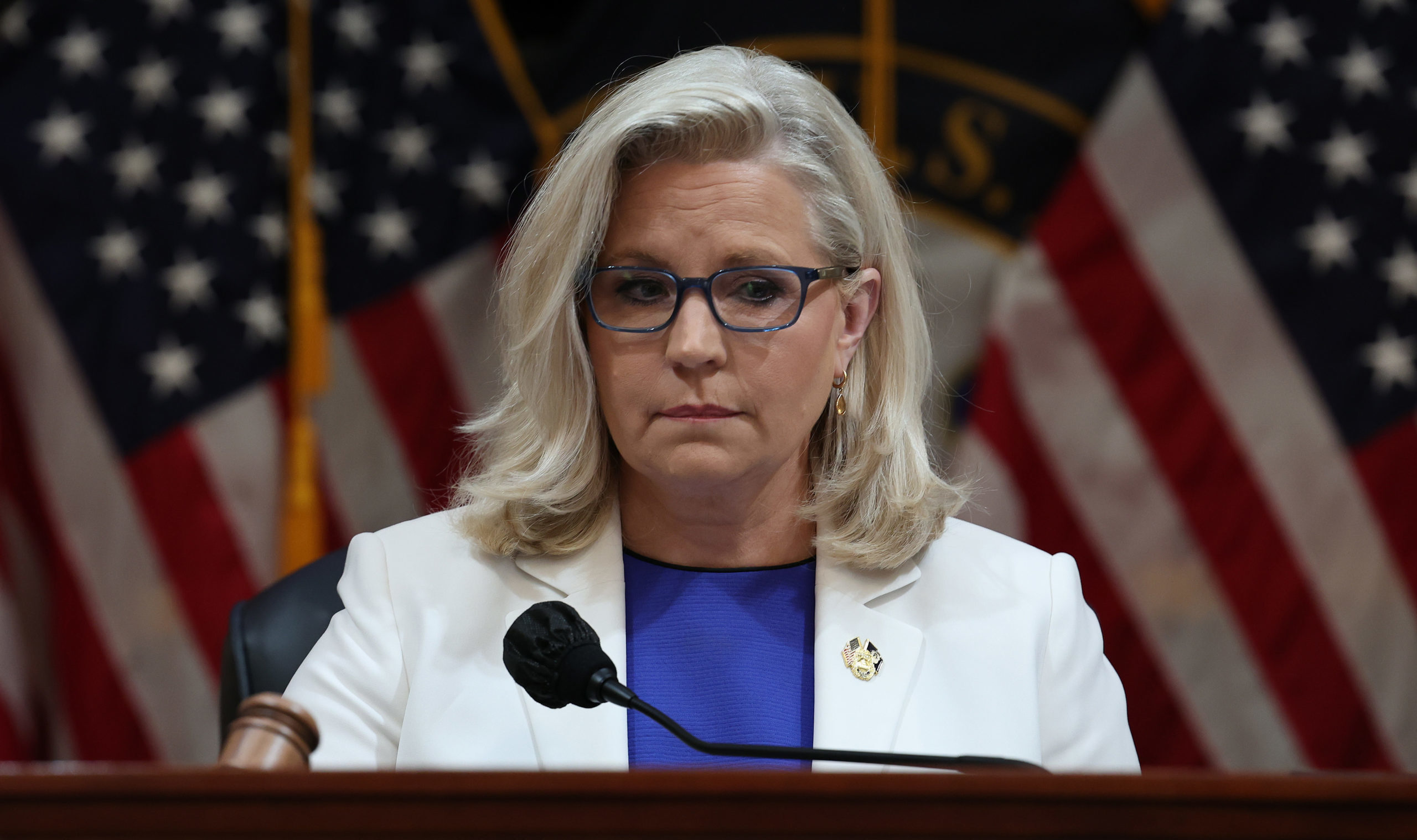Transport for London (TfL) could be forced to pay back millions of pounds in low emission zone fines issued to Dutch lorry drivers after agreeing they had been issued unlawfully.
The body said it had agreed to settle a claim regarding the Ulez fines after a company representing dozens of Dutch haulage companies launched a legal challenge into the ultra-low emission zone (Ulez) and low emission zone (Lez) fines earlier this year.
The settlement comes as TfL is under increased scrutiny over its Ulez charging policy and several European governments have accused it of wrongly fining hundreds of thousands of EU citizens after illegally obtaining their details.
The company, Transport in Nood BV (TNBV), launched a judicial review against TfL in the high court earlier this year after claiming that as much as €7.5m (£6.25m) in Ulez and Lez fines could have been wrongly issued to the Dutch companies it represents.
Antonio Oliveira, the owner of TNBV, said at the time that the fines would bankrupt some of the companies, with one transporter of flowers racking up nearly 400 fines, totalling €400,000 (£330,000).
The Ulez, which was doubled in size in August last year to cover all 32 London boroughs, requires vehicles that do not comply with emissions standards to pay a £12.50 daily charge, or else face a fine of up to £180 for non-payment.
The Lez also applies across London and charges highly polluting heavy goods vehicles for travelling in the city, hitting companies that fail to pay with fines of up to £3,000.
TNBV launched the judicial review on the grounds that the fines were unlawfully denominated in euros, which goes against UK legislation indicating that all fines should be given in pounds.
It claimed that an excessively high exchange rate was used to calculate the levies, including drivers being charged €3,600 (£3,200) for Lez fines, when the maximum penalty should be £3,000.
It also found that a 5% administrative fee was being added to each fine by TfL’s contractor Euro Parking Collection (EPC).
TNBV said TfL had conceded that these fines should have been sent in pounds and no charges should have been added.
A TfL spokesperson said: “We have agreed to settle a claim, which relates solely to a number of penalty charges issued to haulage companies based in the Netherlands. This agreement is subject to approval by the court.”
Despite the decision to settle, the two organisations are still in dispute over the amount that should be refunded, with TfL looking to only refund the additional 5% fee on each fine, rather than the full fines. The level of refunds will be decided at the next high court hearing, scheduled for 5 November.
after newsletter promotion
The settlement comes as TfL and EPC are under increased pressure over how they administer fines to individuals and businesses based on the continent.
The Guardian revealed earlier this year that TfL has been accused by five EU countries of illegally obtaining the names and addresses of their citizens in order to issue more than 320,000 penalties.
Since Brexit, the UK has been banned from automatic access to personal details of EU residents, but transport authorities in Belgium, Spain, Germany and the Netherlands allege that TfL obtained these details illegally through EPC.
These claims came after some EU residents were hit with bills of up to £11,000 after being caught in the London clean air zones.
TfL said at the time that despite an absence of individual data-sharing agreements with EU countries, “local laws” allowed authorities to share vehicle owner information with the UK for the enforcement of traffic regulations.
Commenting on the Dutch settlement, Oliveira said: “We had long suspected that something was not right … EPC has been adding an illegal surcharge of at least 5% to every fine they have ever issued.
“This discovery highlights the importance of collectively challenging such practices as a group. It is clear that these unlawful actions must not go unopposed.”

 By The Guardian (World News) | Created at 2024-10-21 12:30:15 | Updated at 2024-10-21 18:59:31
6 hours ago
By The Guardian (World News) | Created at 2024-10-21 12:30:15 | Updated at 2024-10-21 18:59:31
6 hours ago



